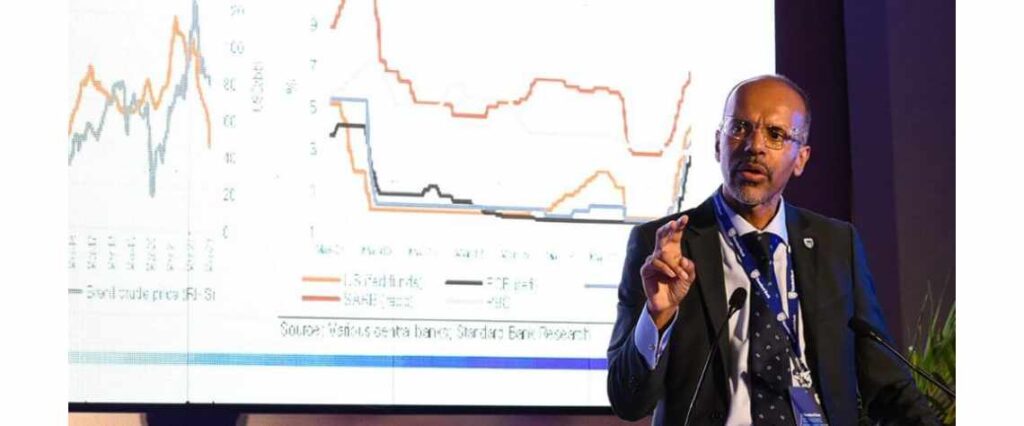
Mozambique’s private sector economy grew again during the month of February, with business conditions strengthening for the first time since September last year. The increase followed the sector’s worst performance in the last two years, supported by a new period of expansion in several areas, including activity, sales, acquisitions and staff recruitment. The data is contained in the Purchasing Managers Index (PMI) survey report, carried out monthly by Standard Bank Mozambique. The document also reveals that the growing volumes of new business thus resulted in a certain degree of pressure on capacity, as backlogs increased for the first time in a year. Meanwhile, increased hiring efforts contributed to rising production costs as companies indicated they were forced to increase staff salaries. Indeed, in February, the PMI increased to 50.7, the peak of the last seven months, above the 47.8 recorded in January, after having remained below the value of 50 since November. With the exception of supplier delivery times, which were reduced, and procurement stocks, which decreased, the remaining sub-indices recorded an increase and remained above the neutral value of 50.0. For the chief economist at Standard Bank Mozambique, Fusio Mussá, the February PMI results signaled growth in production in all sectors of economic activity, except construction, which recorded a contraction in both production and sales. The creation of jobs in all sectors, led by agriculture, was notable. “The PMI also indicated an increase in business confidence, as shown by the future expectations sub-index, most likely reflecting the prospect of further easing in monetary policy, following the 75 basis point cut in the key interest rate to 16, 5 percent by the Bank of Mozambique in January, as well as expectations of a resumption of investment in liquefied natural gas (LNG) projects in Cabo Delgado, despite reports of the persistence of security incidents in this province”, said Mussá. Meanwhile, Standard Bank’s chief economist stressed that the institution maintains its forecast of prudent easing of monetary policy this year, which implies that financing conditions will remain restrictive. For Mussá, the decrease in favorable base effects, since LNG production on the Coral Sul platform has reached the nominal capacity level, as well as the persistent pressures of internal public debt and the intermittent supply of foreign exchange are the basis of forecasts of slowdown in Gross Domestic Product growth to 4.6 percent year-on-year this year and 3.8 percent in 2025, compared to 5 percent observed in 2023. (Letter) Source: Carta de Moçambique
Tradução automática do artigo:Aceder ao artigo original
